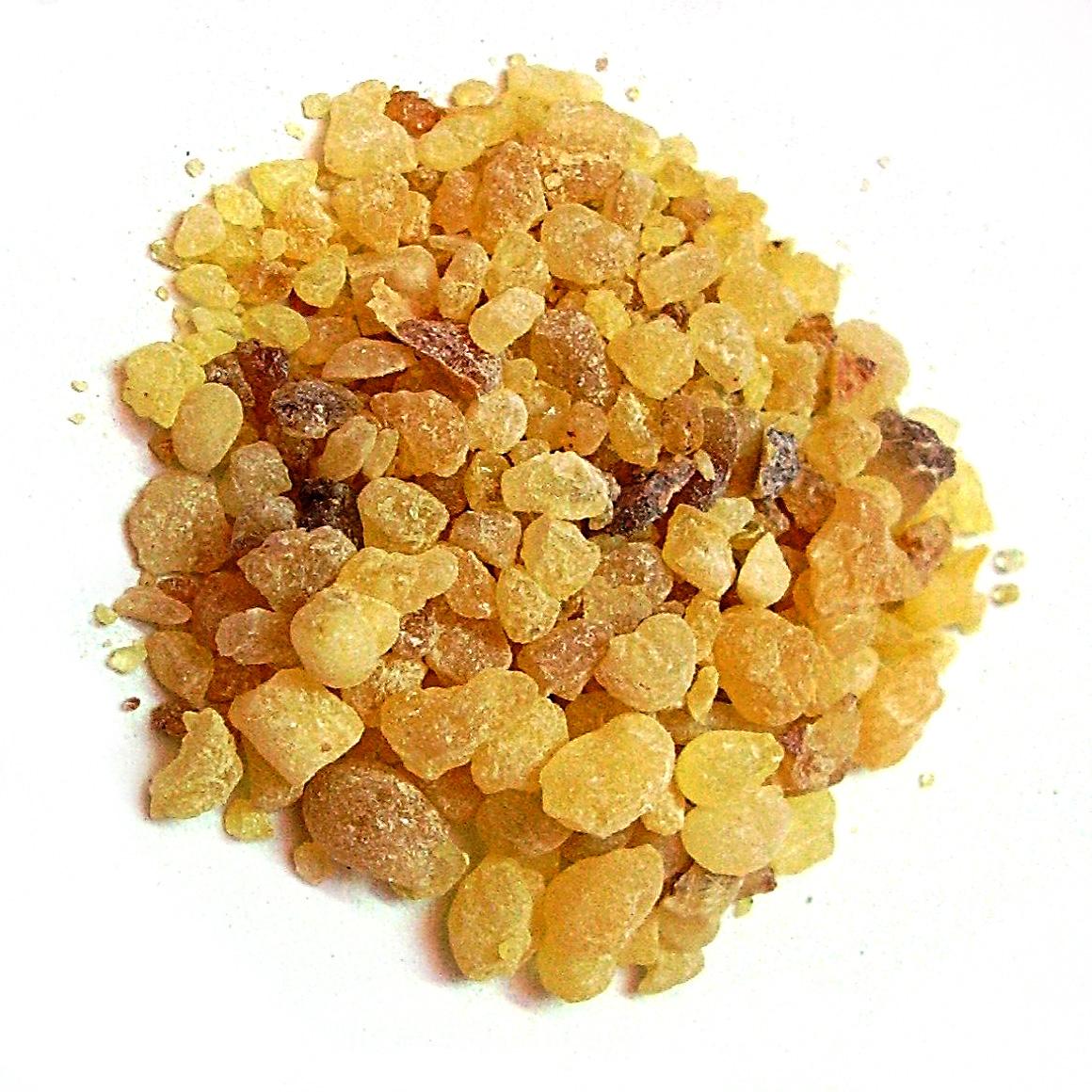What is adhesive resin?
Most people have seen resin in its natural state from various plants. Serving as a layer of protection and defense for certain trees, this viscous liquid is nowadays produced synthetically on a large industrial scale to supply the building and construction sectors with paints and industrial adhesives. So, synthetic resin is an artificially synthesized chemical (or polymer) that has bonding and solidifying functionalities.

Why do we need resins?
Epoxy resin is one of the widely used synthetic resin adhesive, known as a strong, water-proof and chemical-resistant material for the wood working and flooring industries. Epoxy resins can be used to produce adhesives, plastics and coatings. However, the quality of adhesive resins is often challenged by the agglomerates that are overly polymerized during the production process, specially filtration process.
What are the factors to consider when filtering synthetic resins?
High viscosity, oversized contaminants and impurities from raw materials such as fossil sources can result in agglomerates that affect the consistency of the resin solutions. Therefore, optimal control of temperature during the filtration process in the production of adhesive resins is extremely crucial. Horizontal plate filter is widely used to filter chemical liquids such as resins on industrial scales, which can reduce its viscosity level and remove opaque contaminants to ensure the end-product quality. Interested in learning more about resins filtration?